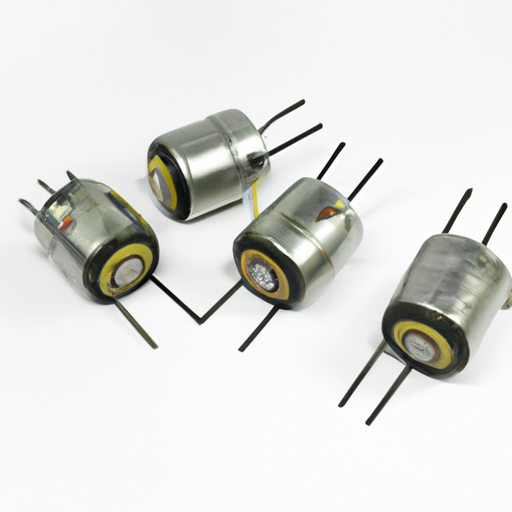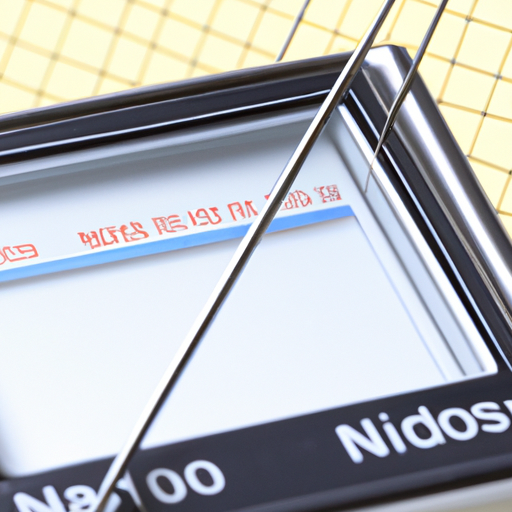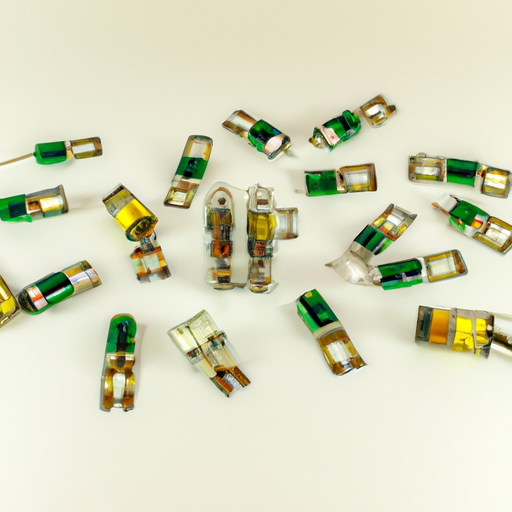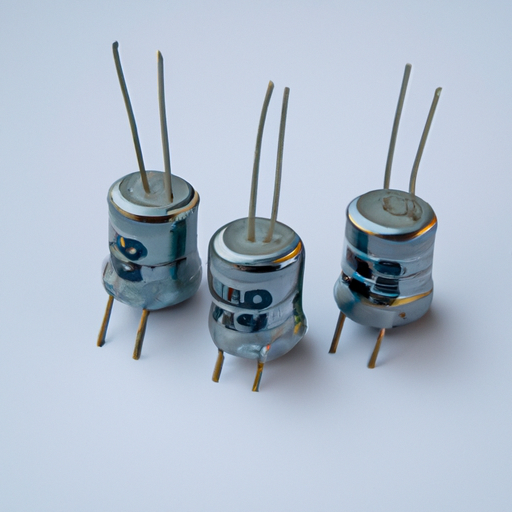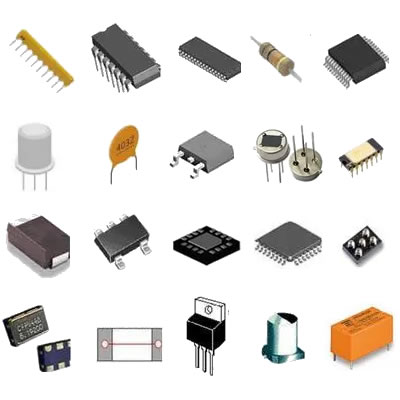What are the advantages of three-phase capacitor products?
What are the Advantages of Three-Phase Capacitor Products?
I. Introduction
In the realm of electrical engineering, capacitors play a pivotal role in enhancing the efficiency and reliability of power systems. Among the various types of capacitors, three-phase capacitors are particularly significant in industrial and commercial applications. These devices are designed to operate in three-phase power systems, which are widely used for their efficiency and effectiveness in transmitting electricity. This article aims to explore the advantages of three-phase capacitor products, shedding light on their functionality, benefits, applications, and considerations for use.
II. Understanding Three-Phase Systems
A. Explanation of Three-Phase Power Systems
Three-phase power systems consist of three alternating currents that are offset in time by one-third of a cycle, or 120 degrees. This configuration allows for a more consistent and efficient delivery of electrical power compared to single-phase systems, which only utilize one alternating current. The characteristics of three-phase systems include higher power capacity, reduced conductor size, and improved load balancing, making them ideal for industrial applications.
B. Role of Capacitors in Three-Phase Systems
Capacitors in three-phase systems serve two primary functions: power factor correction and voltage stabilization. Power factor correction involves adjusting the phase difference between voltage and current, which can lead to improved energy efficiency. Voltage stabilization ensures that the voltage levels remain consistent, protecting sensitive equipment from fluctuations that could cause damage or inefficiency.
III. Advantages of Three-Phase Capacitor Products
A. Enhanced Power Factor
The power factor is a measure of how effectively electrical power is being converted into useful work output. A power factor of 1 (or 100%) indicates that all the power is being effectively utilized, while lower values signify inefficiencies. Three-phase capacitors can significantly enhance the power factor by compensating for reactive power, which is the power that does no useful work. By improving the power factor, businesses can reduce energy losses, leading to lower utility costs and improved energy efficiency.
B. Improved Voltage Regulation
Voltage regulation refers to the ability of a power system to maintain a constant voltage level despite variations in load. Three-phase capacitors contribute to improved voltage regulation by providing reactive power support, which helps to stabilize voltage levels. This is particularly beneficial for equipment and machinery that require a consistent voltage supply to operate efficiently. By preventing voltage drops and surges, three-phase capacitors protect sensitive electronic devices and enhance their longevity.
C. Increased System Efficiency
Three-phase capacitors contribute to increased system efficiency by reducing losses in electrical systems. These losses can occur due to resistance in conductors and other components, leading to wasted energy. By improving the power factor and stabilizing voltage levels, three-phase capacitors enhance the performance of motors and other equipment, resulting in lower energy consumption and operational costs.
D. Reduced Harmonics
Harmonics are voltage or current waveforms that deviate from the fundamental frequency, often caused by non-linear loads such as variable frequency drives and rectifiers. These harmonics can lead to overheating, equipment failure, and reduced system efficiency. Three-phase capacitors play a crucial role in harmonic filtering, helping to mitigate the effects of harmonics on the electrical system. By reducing harmonics, three-phase capacitors contribute to the overall health of the system, ensuring reliable operation and extending the lifespan of equipment.
E. Compact Design and Space Savings
One of the significant advantages of three-phase capacitors is their compact design. Compared to other power factor correction methods, such as synchronous condensers or larger capacitor banks, three-phase capacitors require less physical space. This is particularly beneficial in industrial settings where space is at a premium. The smaller footprint of three-phase capacitors allows for more efficient use of available space, enabling businesses to optimize their operations.
F. Cost-Effectiveness
While the initial investment in three-phase capacitors may seem significant, the long-term savings they provide can outweigh the costs. By improving energy efficiency, reducing utility bills, and minimizing equipment maintenance costs, three-phase capacitors offer a favorable return on investment (ROI). Businesses can expect to see a reduction in operational expenses, making three-phase capacitors a cost-effective solution for power factor correction and voltage stabilization.
G. Reliability and Longevity
Three-phase capacitors are designed for durability and longevity, making them a reliable choice for industrial and commercial applications. With proper installation and maintenance, these capacitors can operate effectively for many years, reducing the need for frequent replacements. Their reliability contributes to the overall stability of the electrical system, ensuring that businesses can operate without interruptions due to power quality issues.
IV. Applications of Three-Phase Capacitor Products
A. Industrial Applications
Three-phase capacitors are widely used in manufacturing facilities, where large motors and machinery require stable voltage and improved power factor for optimal performance. Additionally, HVAC systems in industrial settings benefit from three-phase capacitors, as they help maintain consistent voltage levels and enhance energy efficiency.
B. Commercial Applications
In commercial settings, such as retail and office buildings, three-phase capacitors play a crucial role in managing energy consumption and ensuring the reliability of electrical systems. Data centers, which require a stable power supply to protect sensitive equipment, also benefit from the use of three-phase capacitors to maintain voltage levels and improve power factor.
C. Renewable Energy Systems
As the world shifts towards renewable energy sources, three-phase capacitors are becoming increasingly important in integrating solar and wind power into the grid. These capacitors help stabilize voltage levels and improve power quality, ensuring that renewable energy systems can operate efficiently and contribute to grid stability.
V. Challenges and Considerations
A. Selection Criteria for Three-Phase Capacitors
When selecting three-phase capacitors, several criteria must be considered, including voltage ratings, capacitance values, and environmental factors. It is essential to choose capacitors that are appropriately rated for the specific application to ensure optimal performance and reliability.
B. Installation and Maintenance
Professional installation of three-phase capacitors is crucial to ensure their effectiveness and safety. Regular maintenance practices, such as inspections and testing, are also important to identify potential issues before they become significant problems.
C. Potential Risks and Mitigation
While three-phase capacitors offer numerous advantages, there are potential risks associated with their use, such as overvoltage and overheating. Proper sizing and application of capacitors can help mitigate these risks, ensuring safe and reliable operation.
VI. Conclusion
In summary, three-phase capacitor products offer a multitude of advantages, including enhanced power factor, improved voltage regulation, increased system efficiency, reduced harmonics, compact design, cost-effectiveness, and reliability. As industries continue to evolve and embrace new technologies, the importance of three-phase capacitors in modern electrical systems cannot be overstated. With ongoing advancements in capacitor technology, businesses can expect even greater benefits in the future, making three-phase capacitors an essential component of efficient and reliable power systems.
VII. References
- [IEEE Standards on Capacitors](https://www.ieee.org)
- [National Electrical Manufacturers Association (NEMA)](https://www.nema.org)
- [U.S. Department of Energy: Energy Efficiency](https://www.energy.gov/eere/efficiency)
- [International Electrotechnical Commission (IEC)](https://www.iec.ch)
This blog post provides a comprehensive overview of the advantages of three-phase capacitor products, highlighting their significance in enhancing the efficiency and reliability of electrical systems across various applications.

